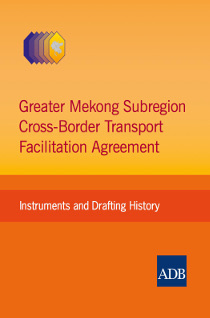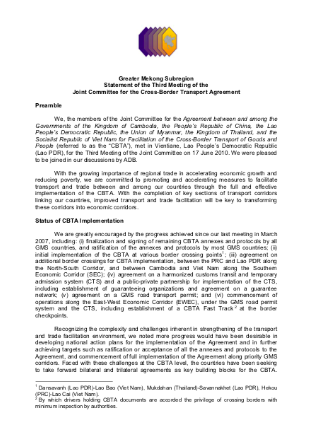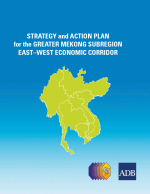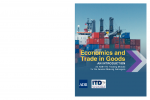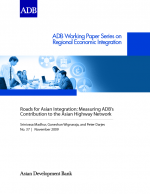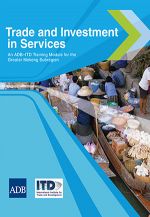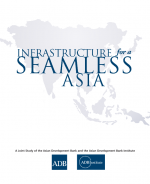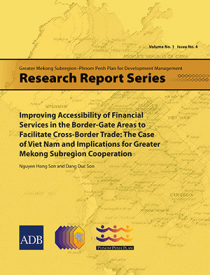
Improving Accessibility of Financial Services in the Border-Gate Areas to Facilitate Cross-Border Trade: The Case of Viet Nam and Implications for Greater Mekong Subregion Cooperation
Using the case study of Viet Nam to draw implications for GMS cooperation, this paper investigates how users and providers of financial services in the border-gate areas see financial services as a factor of cross-border trade facilitation. It also examines how users and providers of financial services perceive the different dimensions of financial service accessibility and how accessibility affects customers' decisions to use financial services in the border-gate areas.

